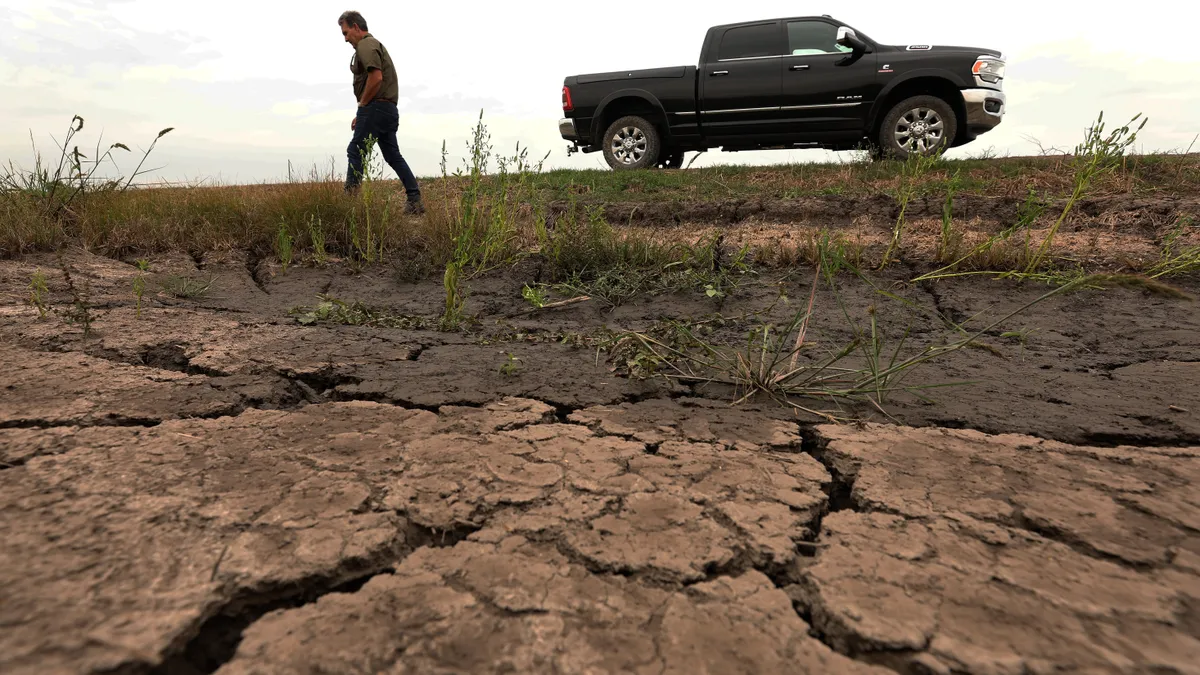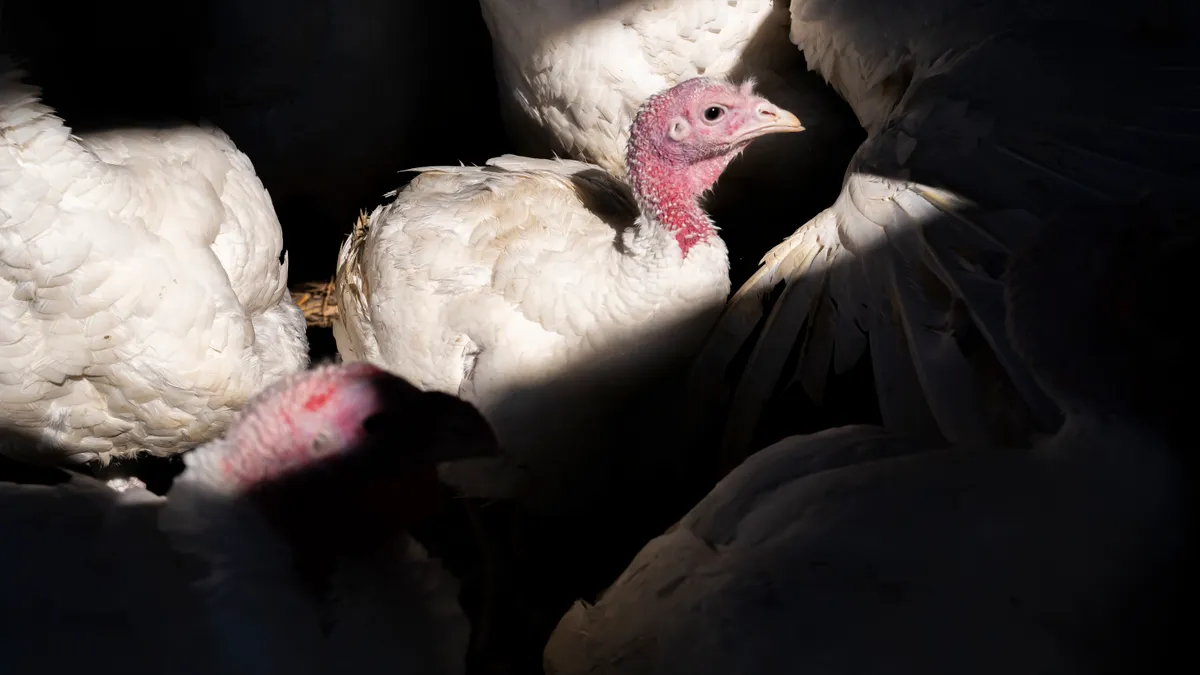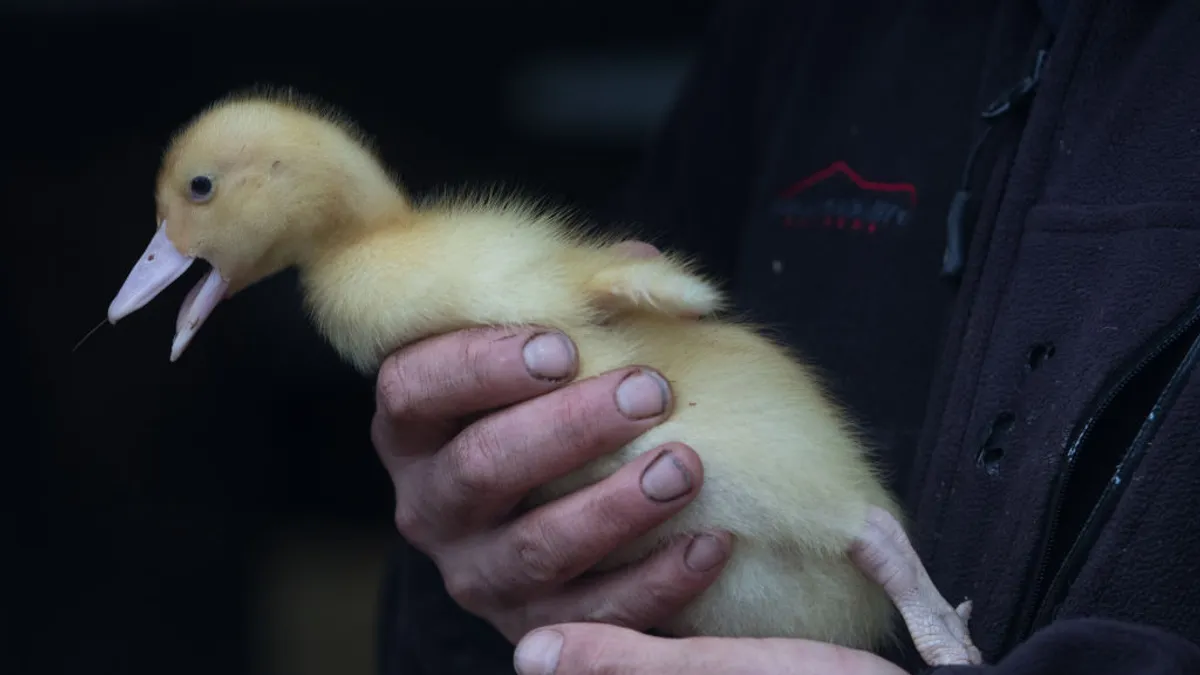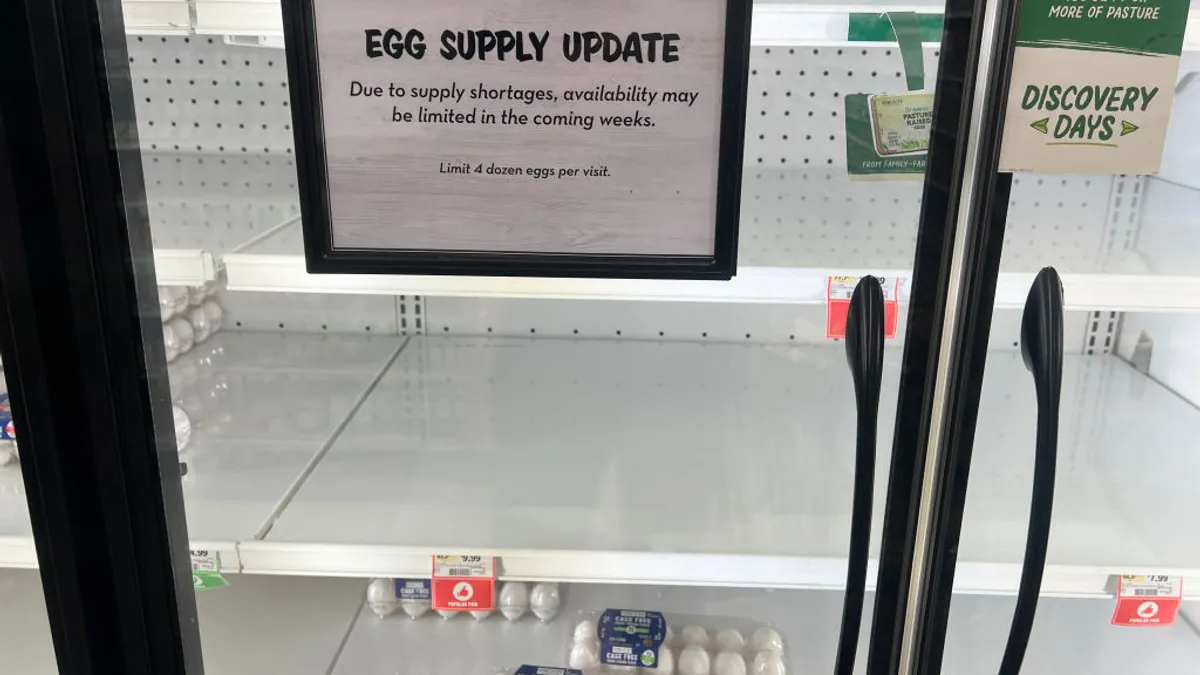Farmers die by suicide at higher rates than workers in other professions. A conservative estimate of 225 million farmers worldwide struggle with mental health.
Researchers from the University of Alberta have identified some of the factors contributing most to farmers' decision to take their own lives. Life on the farm is unpredictable and demanding, and the tight-knit nature of rural communities can discourage many from seeking care.
Understanding the unique pressures faced by rural communities can help inform prevention policies and provide support to those who need it most.
“In terms of ensuring food security and the continuing occupation of agriculture, trying to address mental health issues of farmers is a priority," said Rebecca Purc-Stephenson, lead researcher of the University of Alberta study.
Barriers to help
In general, farmers experienced the pressure of unpredictable work–life circumstances, which the researchers found may have contributed to burnout and a sense of hopelessness to turn their situation around on their own.
Economic pressures, the effects of climate change and other factors beyond farmers' control often create a feeling of helplessness. Access to drugs and firearms and stigmas around seeking help can make things worse.
“One of the most significant findings from the study was being able to not just identify the risk factors for linking farmers to higher rate of suicide, but it was understanding how those variables stick together to create a story,” Purc-Stephenson said.
Purc-Stephenson grew up on a farm, and saw first-hand how suicides can roil tight-knit traditional communities. Many farmers who died by suicide refused to get help in order to appear stoic, strong, and self-reliant.
“[There] is a double-edged sword of family and community,” Purc-Stephenson said. “Farmers often said that the community is good, but they also felt that they were living in a fishbowl…They didn't want other people seeing their truck parked outside of the therapist's office.”
For things like mental health literacy programs, uptake has been slow. Researchers are developing a new model to address existing barriers in getting farmers the care they need. Unlike other intervention policies, the Farming Adversity-Resilience Management framework takes into account the stressors and culture specific to agricultural life.
“If talking about emotions hasn't been part of a culture – they're going to need some work on feeling comfortable to talk about, and even identify their emotions,” Purc-Stephenson said.
Tailoring care to farmers
To tailor mental health services to farmers, the non-profit organization AgriSafe Network launched the AgriStress Helpline in 2022. The free service offers 24/7 crisis and support lines in 10 states as of December 2023, with national ambitions. Calls are answered by professionals who offer support and health and agriculture-related resources.
“[Farmers’] big concern is that they want to have a health care professional that understands the work that they do, so that we're not asking the dairy farmer to take two weeks off because they're stressed,” said Tara Haskins, the helpline’s mental health lead. "It's hard to gain their trust."
Haskins says even the choice of name was intentional, focusing on stress, rather than the term mental health.
“We hope that they feel like, when they make a phone call, there's someone that cares about them on the other end of that line, that also understands agriculture and is ready to help," Haskins said.
Both Purc-Stephenson and Haskins agree practical solutions could go a long way in helping farmers with stress in the face of unpredictability such as volatile weather, livestock epidemics or debilitating injury.
Simply encouraging more conversations around mental health can also make a difference. Research from the American Farm Bureau Federation showed encouraging signs of reduced stigma around getting help post-pandemic thanks in part to increased awareness around the topic, such as Purc-Stephenson’s study. Framing conversations in ways that appeal to farmers' identities can go even further in encouraging them to get help.
“Producers understand investment, and they understand the importance of financial investment. If we start thinking about the investment in our health as a financial investment, that might resonate a little bit more,” Haskins said.
Farmers can call or text the AgriStress helpline at 833-897-2474, which is available in Colorado, Connecticut, Missouri, Montana, Oregon, Pennsylvania, Texas, Virginia, Washington and Wyoming. The national suicide and crisis lifeline is available by calling or texting 988.


















